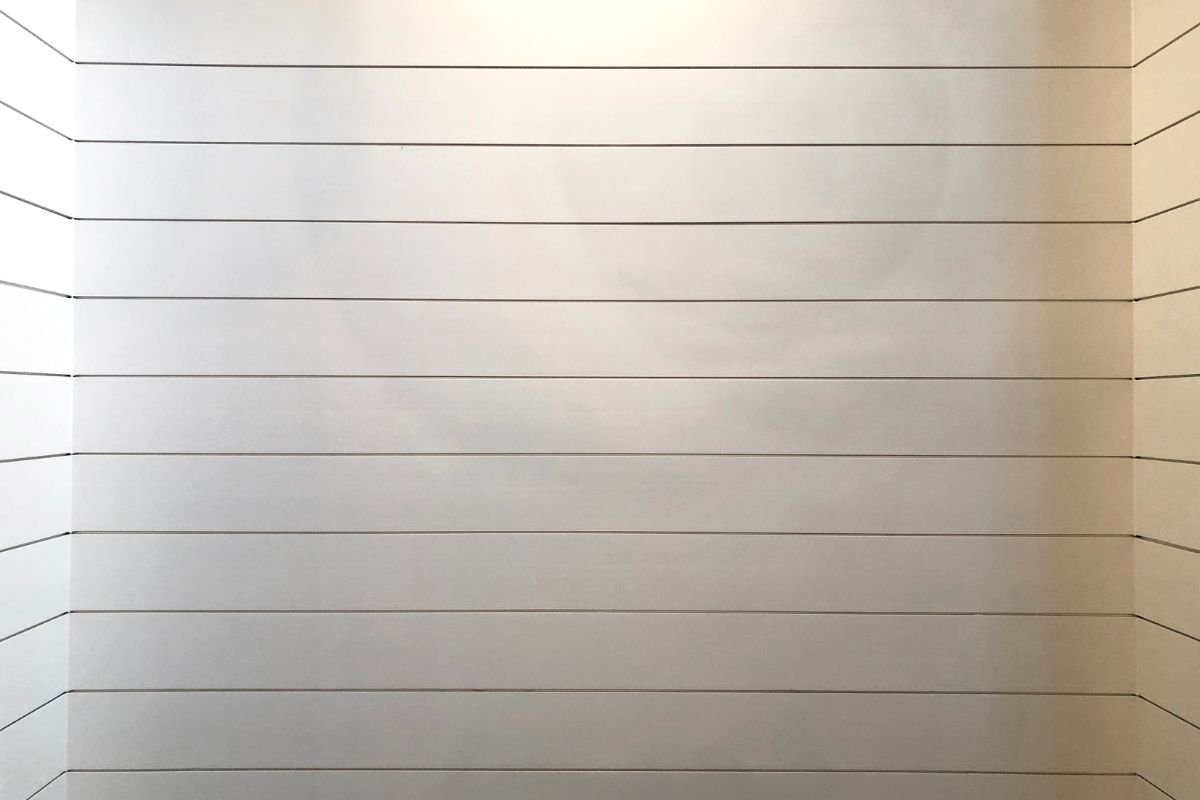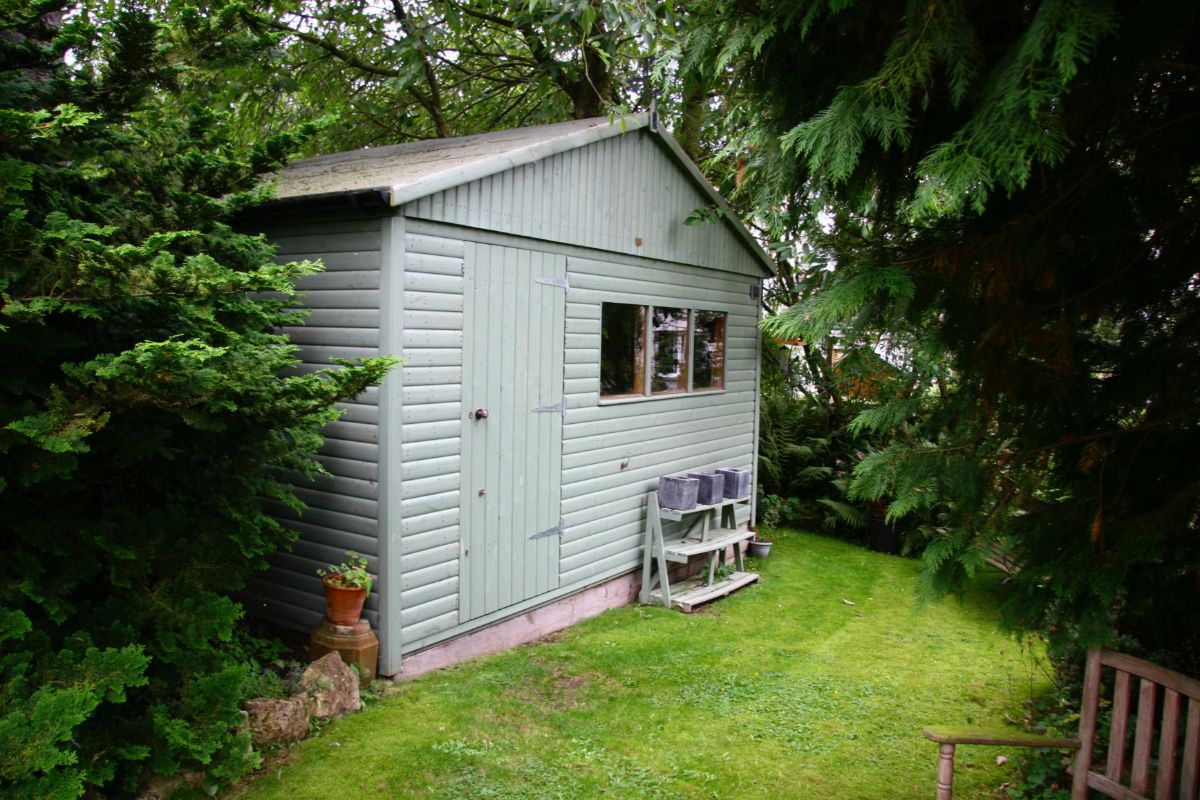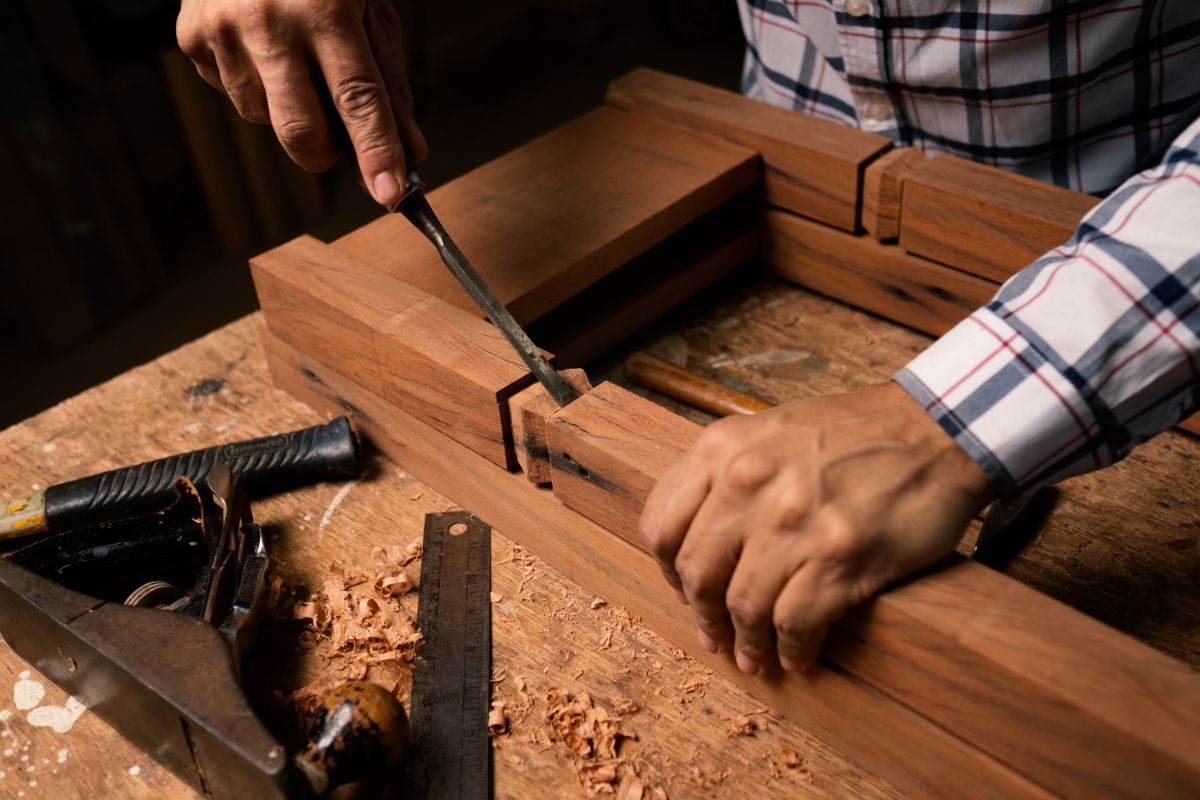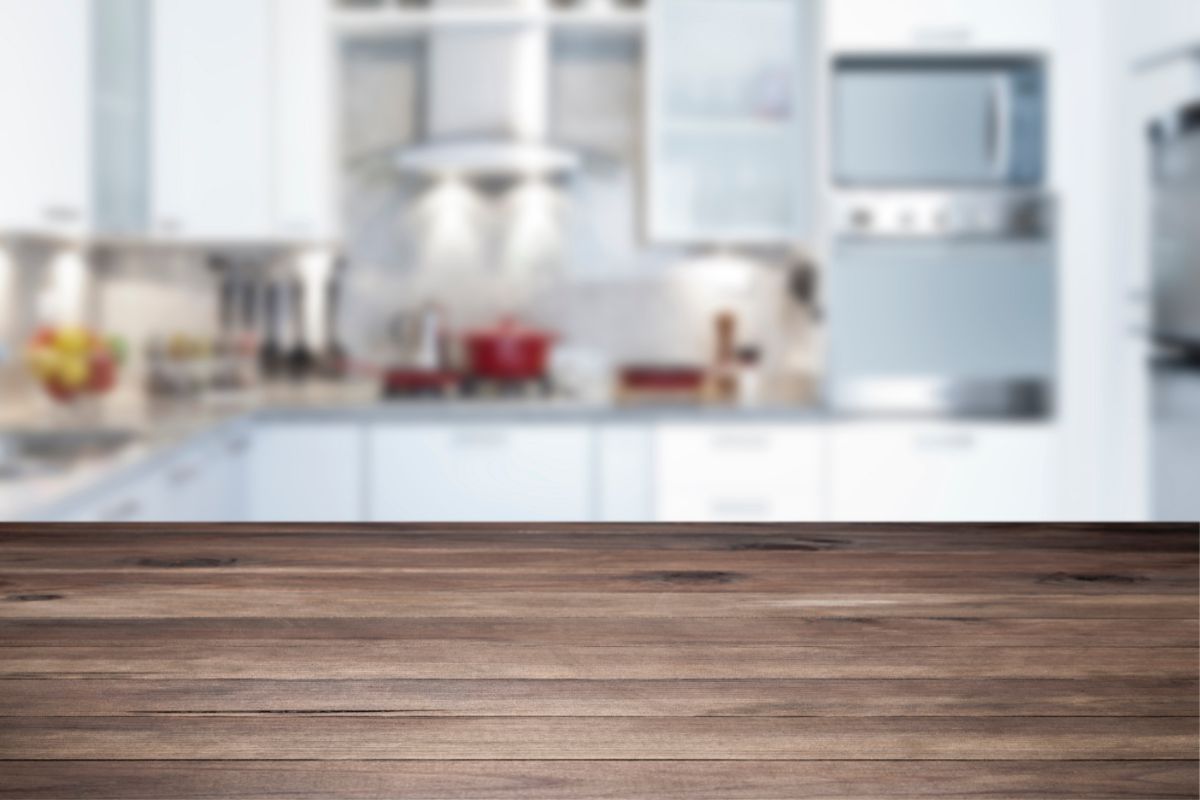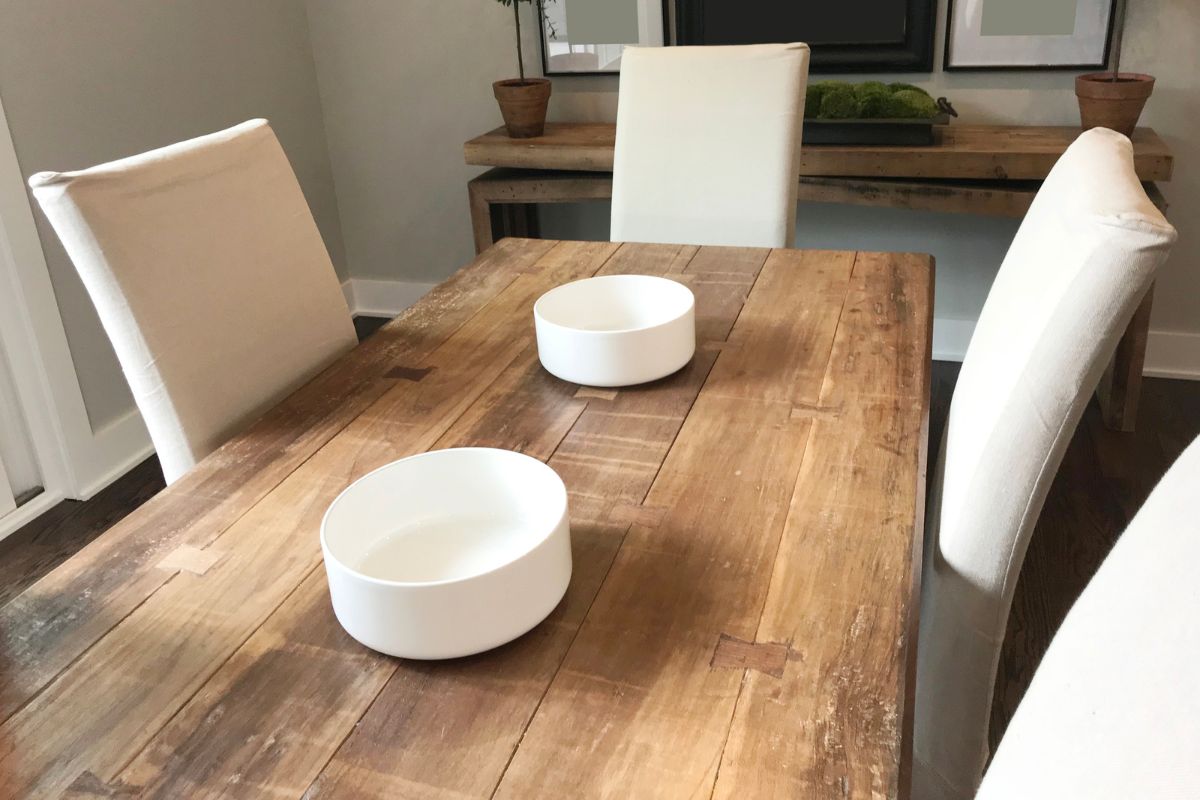Quartz and marble are often seen as being very similar materials.
Their appearances are similar and they’re both commonly used in the kitchen and bathroom as countertop surfaces.
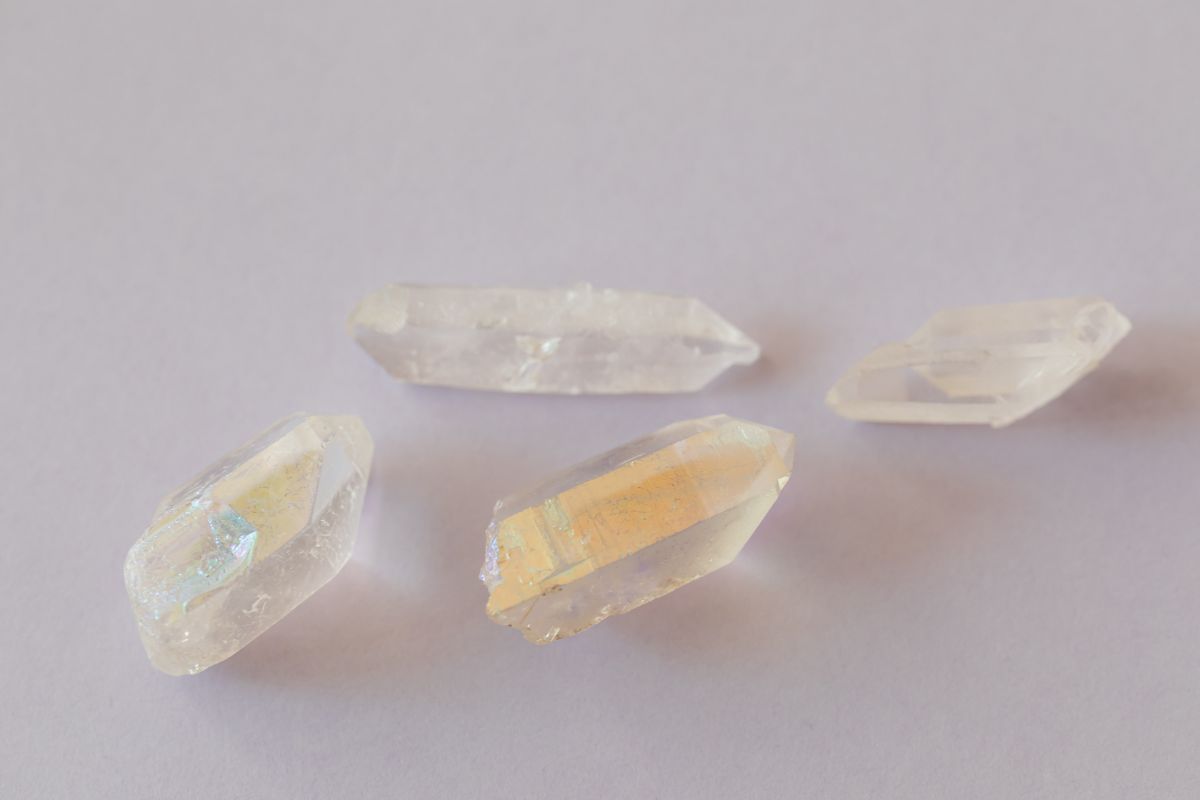
As they’re so similar, you might be wondering which of the two is best to choose when you’re renovating your home.
Despite their similar appearances and uses, there are several important differences between quartz and marble.
Understanding and knowing these differences will help you choose which one is best for you.
In this article, we take an in-depth look at quartz and marble to see what the pros and cons of each material are.
What Are Quartz And Marble?
Before we start comparing the two materials, let’s look at them each in turn and explain what they are.
Quartz
Quartz is an igneous rock and is one of the most abundant minerals in the Earth’s continental crust.
There is a wide variety of quartz and some of the most common forms are milky quartz, tiger’s eye, onyx, rose quartz, and amethyst.
When it comes to making countertops, quartz minerals are ground into an aggregate.
This is then fused with resin under immense heat and pressure to form a solid slab.
During this process, pigment can be added to the quartz to give it a variety of different colors and aesthetics.
Marble
Marble is a metamorphic rock, which means that it has been physically and chemically transformed over a period of time due to being under intense heat and pressure.
It begins life as limestone, but the heat and pressure cause this to recrystallize and change the texture.
Unlike quartz, which is treated and altered with synthetic materials, marble is a completely natural material.
Quartz Vs. Marble: Appearance
The way quartz and marble countertops are made greatly affects their appearance.
As natural quartz is processed in a factory and its color is manipulated and manufactured, it not only means that there are more colors available but that you can pick the exact color and appearance you want.
When you enter a showroom and see a sample quartz countertop in a specific shade of gray, for example, you can be pretty certain that the countertop you will receive will look the same.
However, this isn’t the case with marble. Marble is a natural material, so it is only available in a limited number of colors that are naturally occurring.
Marble also has a unique patterning that results in each countertop being different.
Even if the base color of the marble is the same rich white, the veining that runs through the marble will be different every time, making each countertop unique to your kitchen.
Due to being manufactured, quartz countertops will retain their color and sheen for a long time.
Marble, however, is more delicate and will begin to show its age after a few years.
This isn’t necessarily a negative for marble. Many people love the aged look of marble and choose it over quartz for this exact reason.
Others, however, don’t like how marble patinas can show scratches, so this is a personal preference.
Quartz Vs. Marble: Durability
Durability is very important when it comes to choosing materials for your kitchen and it is especially crucial when choosing your countertops.
Like other natural stones, marble is a porous material.
This means that it can take in elements of anything that comes into contact with it. In the case of marble, it is especially likely to react to acidic material.
Marble is basically a form of calcium carbonate and if you remember your high school science lessons, you will know that this reacts to acid.
When the two come into contact, a chemical reaction occurs that results in the surface sheen becoming duller and a change in the texture of the countertop.
Etching like this is very common with marble countertops and can be caused by acidic foods such as tomatoes or lemons.
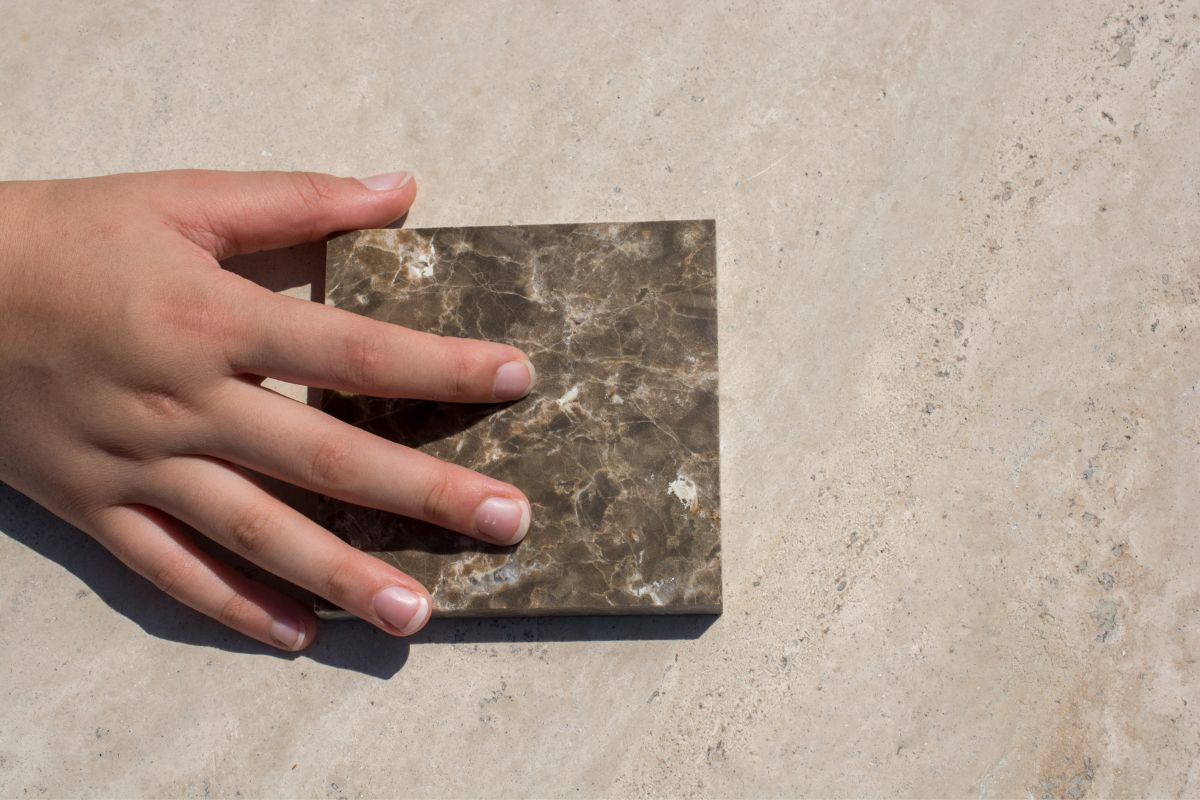
Unfortunately, there isn’t anything you can do about this. No matter how careful you are at keeping acidic items away from your countertops, you are sure to find some etching at some point.
As with the way marble ages, some people don’t mind the etching process and find it adds character to their countertops.
If you want to try and avoid it, then the best option is to choose all-white marble countertops. It won’t stop the process but will make it less noticeable.
In contrast, quartz is much more resilient to spills and won’t react to acidic items.
It also isn’t affected by oil-based items and won’t get damaged by water, either. If you’re a messy cook, then quartz is a great surface to choose.
One final difference in the durability between the two materials is that quartz is virtually scratch-resistant.
Marble, however, is softer and this can lead to scratches developing over time.
If you love the look of marble but are worried that it isn’t as durable as quartz, you could still consider using it in your home.
Instead of using it as a countertop in a place where it’s likely to get damaged, such as where you prepare food in the kitchen, you could instead use it in other places.
Marble looks great in bathrooms or as a kitchen backsplash, as well.
Quartz Vs. Marble: Price
Although the prices of the two materials can vary depending on where you buy them, there is a solid price difference.
As marble is an all-natural material, this makes it more expensive than quartz.
You can expect to pay around 25 percent more for a marble countertop compared to a similar quartz countertop.
Quartz Vs. Marble: Maintenance
Maintenance is a major consideration when you choose a countertop.
No matter what you choose, if you want it to look its best for as long as possible, you need to maintain it correctly.
As quartz is manufactured, the synthetic materials that the natural stone is mixed with mean it doesn’t require that much maintenance to keep it looking good.
You will need to clean it with an appropriate cleaning solution of course, but it doesn’t need any special sealing treatments or regular polishing.
In contrast, marble will require some maintenance to keep it looking its best.
As we’ve mentioned before in this article, marble is a natural stone that is porous and you will need to take action to prevent it from becoming damaged and dirty.
It is recommended by most marble installers that you seal your marble countertops.
You will need to do this when the countertop is first installed, and then repeat the process every three to six months following the installation.
Sealing the countertop will help prevent the marble from staining so this is especially important if you have light-colored marble.
Thankfully, sealing marble countertops is a relatively quick and easy process.
You will need to remember to do it, but it shouldn’t take too much time out of your day.
Quartz Vs. Marble: Heat Resistance
Heat resistance can be an important property to consider when choosing a countertop that is suitable for the kitchen.
So much cooking and food preparation involve high levels of heat so you should always check if your countertops can handle hot items before you put them down.
When comparing quartz and marble directly, quartz is more heat resistant, but neither material is resistant enough to cope with baking sheets or pots that come directly from the oven.
Quartz is marketed as heat-resistant but the resin that is used in the manufacturing process does have a heat limit.
A lot of baking takes place at temperatures above 300 degrees Fahrenheit and you should definitely avoid placing pots and baking sheets cooked at this temperature down on a quartz countertop.
We would recommend using trivets or coasters to protect your quartz and marble countertops from these high heats.
Although quartz can handle heat better than marble, it would still be wise to protect it wherever possible.
Final Thoughts
Quartz and marble are both commonly used for countertops in the kitchen and the bathroom.
Marble is a natural material that offers a limited range of colors, but has a unique look.
Although quartz is a natural material too, it is processed and manufactured into a more durable product when making countertops.
We hope that the information in this article will help you choose between quartz and marble countertops.
- The Woodworkers Guide to Brad Nailers: Everything You Need to Know - September 25, 2023
- How To DIY An Aztec Garden Dining Table [The Easy Way] - October 18, 2022
- Farrow & Ball Pigeon: Is It Right For Your Home? - October 17, 2022

